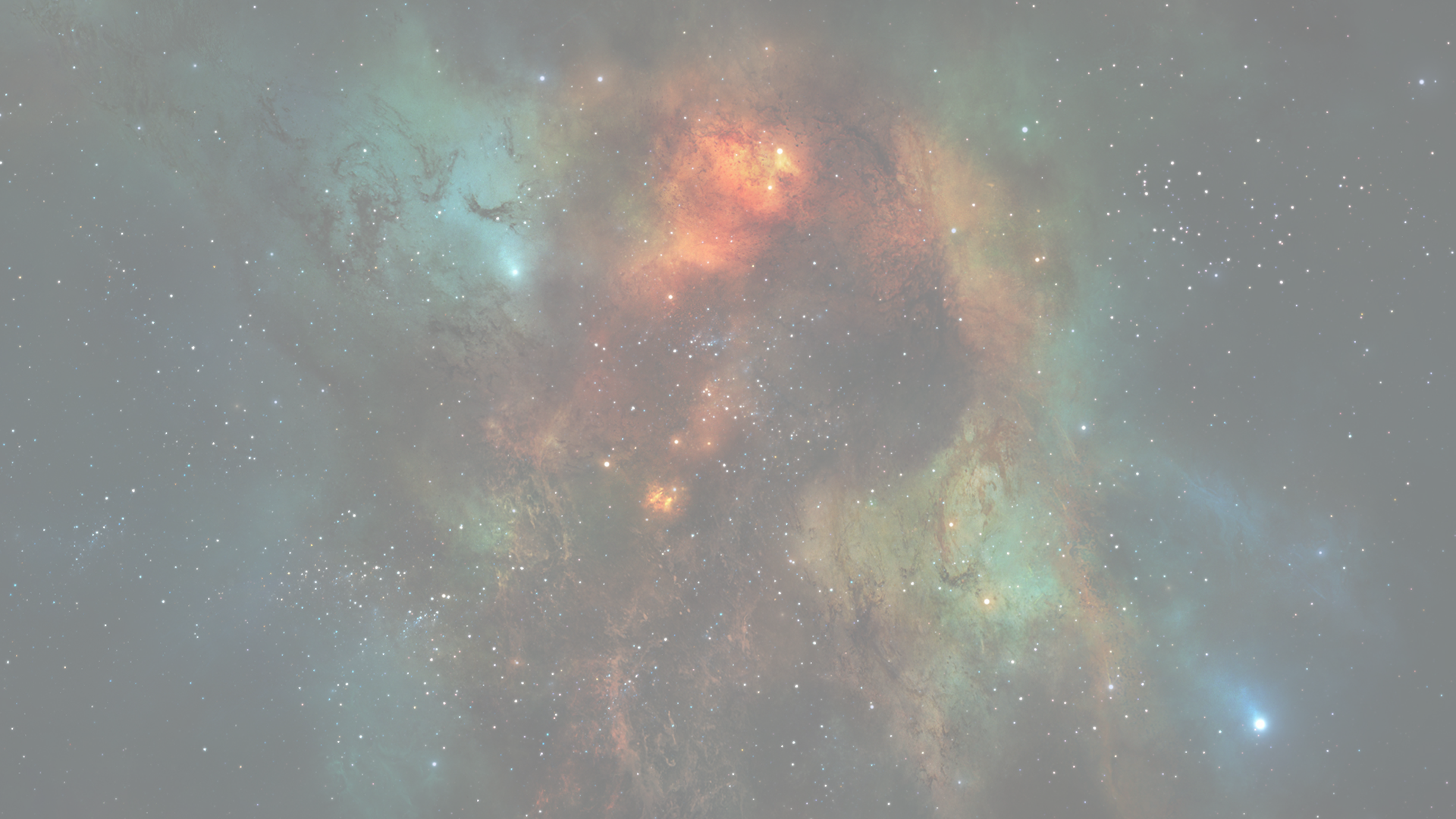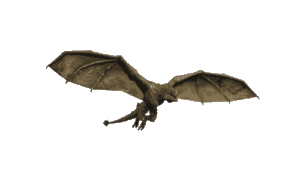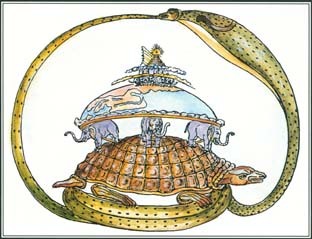


Excerpt from Hindu Myths: A Sourcebook translated from the Sanskrit, with an introduction by Wendy Doniger O'Flaherty. London: Penguin Books, 1975. Pages 27-28.
DISMEMBERMENT: THE PRIMEVAL MAN
IS SACRIFICED
One cosmogonic myth is the subject of an entire Rg Vedic hymn, which explains original creation as the result of a primeval sacrifice -- not a true blood sacrifice, but a dismemberment and distribution; not an actual creation of something out of nothing, but rather a rearrangement, another instance of order out of chaos. The primeval Man is not changed into the various forms of life; rather, he is those forms, always. It is worthy of note that creation produces not only the physical elements of the universe but also the social order, the basis of life in the Hindu view, as well as the seasons and the parts of the very sacrifice from which creation proceeds.
2. FROM THE Rg Veda (10.90)
The Man (Purusha) has a thousand heads, a thousand eyes, a thousand feet. He pervades the earth everywhere and extends beyond for ten fingers' breadth. The Man himself is all this, whatever has been and whatever is to be. He is the lord of immortality and also lord of that which grows on food. Such is his greatness, and the Man is yet greater than this. All creatures make up a quarter of him; three quarters are the immortal in heaven. With three quarters the Man has risen above, and one quarter of him still remains here, whence he spread out everywhere, pervading that which eats and that which does not eat. From him Virj (1) was born, and from Virj came the Man, who, having been born, ranged beyond the earth before and behind. When the gods spread the sacrifice, using the Man as the offering, spring was the clarified butter, summer the fuel, autumn the oblation. They anointed the Man, the sacrifice, born at the beginning, upon the sacred grass. With him the gods, Sdhyas, and sages sacrificed. From that sacrifice in which everything was offered, the clarified butter was obtained, and they made it into those beasts who live in the air, in the forest, and in villages. From that sacrifice in which everything was offered, the verses and the chants were born, the metres were born, and the formulas (2) were born. From it horses were born, and those other animals which have a double set of incisors; cows were born from it, and goats and sheep were born from it.
When they divided the Man, into how many parts did they disperse him? What became of his mouth, what of his arms, what were his two thighs and his two feet called? His mouth was the brahmin, his arms were made into the nobles, his two thighs were the populace, and from his feet the servants (3) were born. The moon was born from his mind; the sun was born from his eye. From his mouth came Indra (4) and Agni, and from his vital breath the wind (Vyu) was born. From his navel the atmosphere was born; from his head the heaven appeared. From his two feet came the earth, and the regions of the sky from his ear. Thus they fashioned the worlds. There were seven, enclosing fire-sticks for him, and thrice seven fire-sticks when the gods, spreading the sacrifice, bound down the Man as the sacrificial beast. With this sacrifice the gods sacrificed; these were the first dharmas. (5) And these powers reached the dome of heaven where dwell the ancient Sdhyas and gods.
Home Page: Girardian Reflections on the Lectionary
Notes
1. 'He who Rules afar', a primeval being.
2. The three Vedas consist of verses (Rg Veda), chants (Sma Veda) and formulas (Yajur Veda).
3. The four classes (varnas) of ancient Indian society were the priests (brahmins), nobles or warriors (ksatriyas), the 'all' -- i.e. the general populace (vi or vaiyas), and servants (dras).
4. Indra is the king of the gods.
5. Dharma designates social order, the social norm, the ideal order of the world.
Home Page: Girardian Reflections on the Lectionary